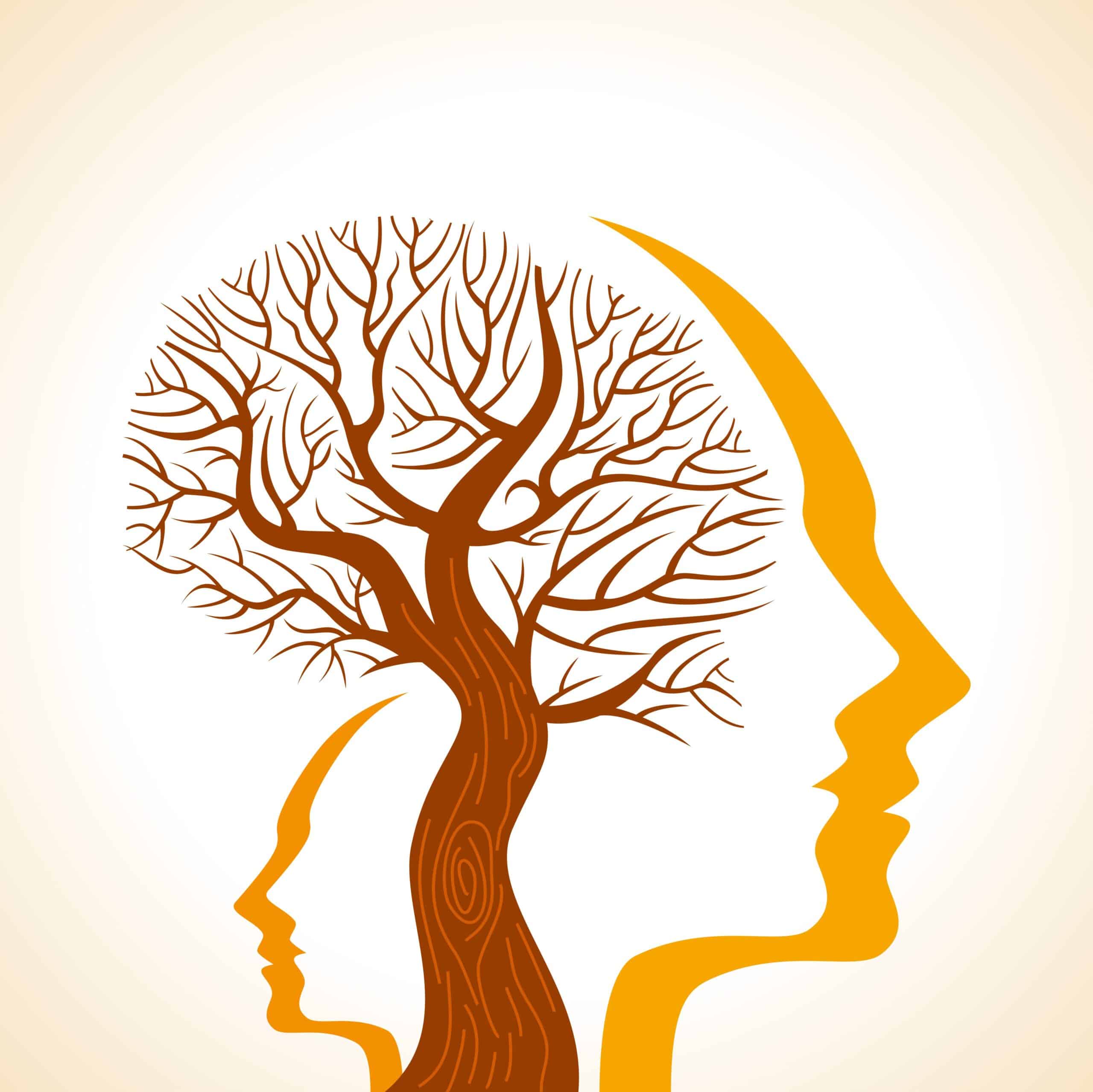
Mindfulness is simply directing one’s attention or awareness to the present moment and accepting one’s experience. As our namesake suggests, we incorporate mindfulness throughout our work with clients. Often people think that mindfulness and meditation are the same but they’re not, and it’s not required to develop a meditation practice to use mindfulness.
Mindfulness in therapy is a really helpful intervention to help one develop self-awareness of what kind of distress one is experiencing and what may be causing it. Mindfulness techniques include breathing exercises, body scans, acronyms like HALT (Hungry, Angry, Lonely, Tired), and meditation if you’re interested in the latter. All of these practices help you shift from reactive to responsive allowing you to be more present and skilled at engaging your emotions, thoughts, and the world around you.
Unlike approaches like CBT, which aim to change negative thoughts and behaviors, or DBT which does the same but with emotions, mindfulness is about observing one’s experience and accepting it without judgment. This helps shift away from black and white, right and wrong thinking patterns. From here, you gain the flexibility to change your relationship to yourself and the external world. Mindfulness is helpful in treating issues including anxiety, depression, stress, chronic pain, and trauma and is also a reason why ACT is versatile and effective.